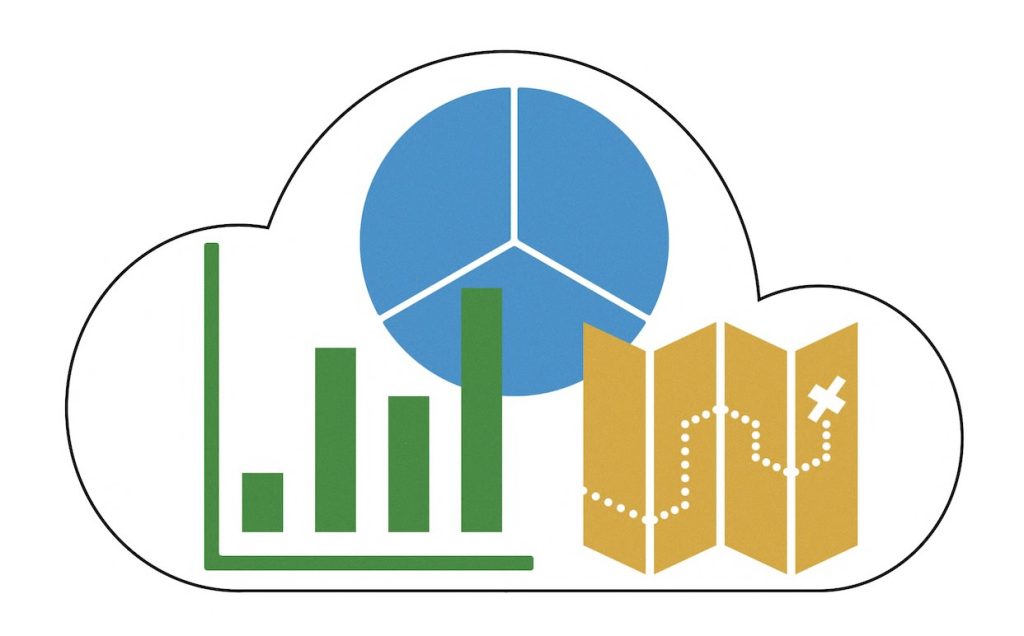Digi International has released a new stable firmware version, 24.6.17.54, for their TX, IX, and EX cellular products. This update brings new features, enhancements, bug fixes, and security improvements. Additionally, significant updates have been made to Digi Remote Manager, their cloud management service, to enhance usability and insights. Affected Models The following models are affected […]
Tag: remote manager
Digi TrustFence® – Powerful Security for Your Connected Devices
As the world of Internet of Things (IoT) continues to expand, so does the concern for the security of connected devices. According to HP Security Research, a staggering 70% of IoT devices are vulnerable to attacks. This statistic underscores the urgent need for robust security solutions in the IoT landscape. Digi TrustFence® stands out as […]
The Benefits of Automated, Periodic Speed Tests on Routers
Maintaining optimal performance of Wide Area Network (WAN) connections is crucial for both personal and business activities. With the multitude of factors affecting your WAN performance, having something in place to test the connection could provide a great deal of help. Automated, periodic speed tests, for example, can play a vital role in ensuring that […]
Cloud Management Services for Cellular Routers
What They Are & Why You Should Use Them When you purchase some sort of electronic device, you normally have the option of purchasing an extended warranty for it. This might not only give you the option of hardware replacement, but added benefits. When it comes to routers – like the ones we carry from […]
Transforming Networks with Digi Remote Manager
In the ever-evolving landscape of network management, Digi Remote Manager (Digi RM) stands out as a transformative technology platform that takes networks to the next level, enabling smarter operations for both networks and the individuals tasked with managing them. By seamlessly bringing together a myriad of dispersed Internet of Things (IoT) devices, Digi RM evolves […]
Industry 4.0: Digi’s Cutting-Edge Solutions
Today’s businesses require precision, efficiency, and real-time decision-making more than anything. Industry 4.0, characterized by the convergence of digital technologies and manufacturing processes, is reshaping the way businesses operate. Digi, with its advanced solutions, stands at the forefront of this revolution, offering a comprehensive suite of tools to support and propel the Industry 4.0 agenda. […]
Optimizing Cloud Management Services: How to Minimize Data Usage
Cloud management services have become integral to businesses, providing seamless connectivity and streamlined operations. However, with data usage being a precious commodity, understanding how different services consume data is crucial. Here’s a breakdown of the average data usage of various cloud management services and how you can minimize it. Digi Remote Manager (Digi RM) Digi […]



